Top 5 Recycling Centers in Las Vegas: Discover a Sustainable Future
Discover the top 5 recycling centers in Las Vegas, your gateway to a sustainable future! Join the movement towards a greener planet today.
In today’s environmentally conscious world, recycling has emerged as a crucial practice in reducing waste and conserving natural resources. As individuals and communities strive to minimize their environmental footprint, ecycling centers play a pivotal role in transforming discarded materials into valuable resources.
This blog post delves into the world of recycling centers, exploring their functions, operations, accepted materials, environmental impact, community engagement, challenges, and solutions.
Introduction to Recycling Centers
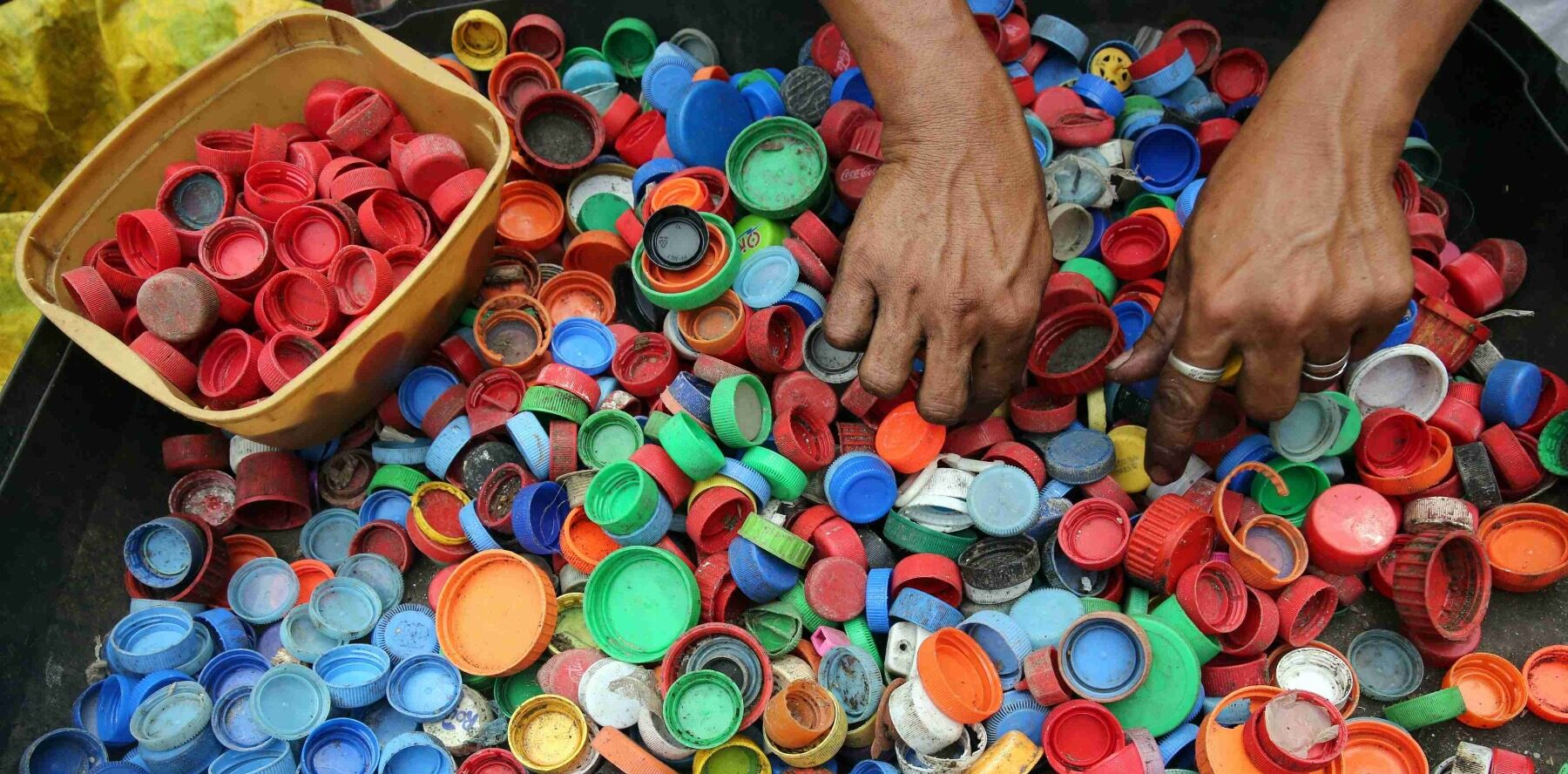
Recycling centers or materials recovery facilities (MRFs) are dedicated to sorting, processing, and preparing recyclable materials for reuse. These centers serve as the backbone of recycling infrastructure, transforming waste into valuable commodities that can be repurposed into new products.
Functions and Operations
Recycling centers are bustling hubs of activity, encompassing a complex network of machinery, personnel, and processes. Here is a glimpse into the inner workings of these facilities:
- Collection and Transportation
Various sources collect recyclables, including curbside collection, drop-off centers, and commercial establishments. These materials are transported to the MRF for processing.
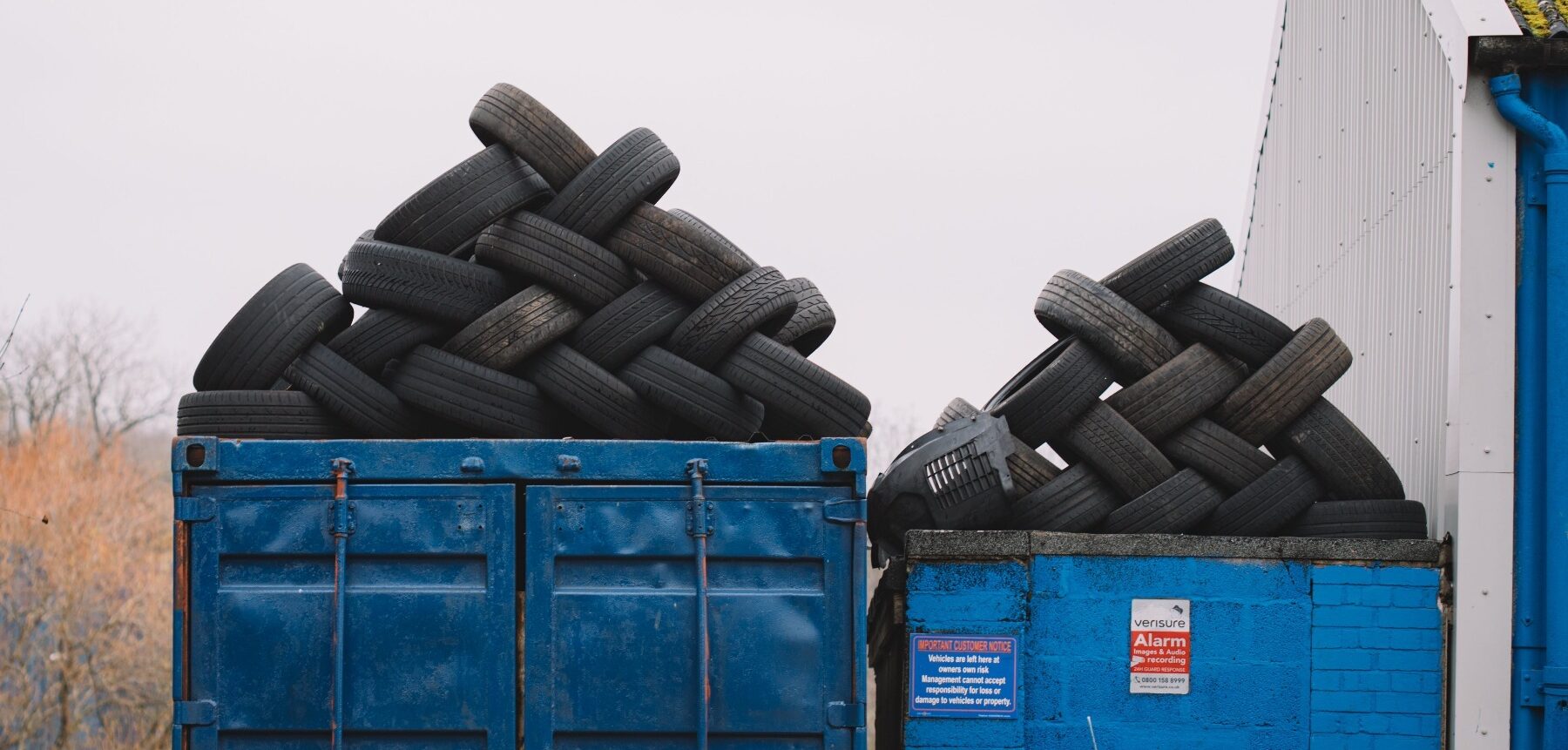
- Sorting and Separation
Upon arrival, recyclables undergo a rigorous sorting process, separating them into different categories, such as paper, plastic, metal, and glass. This separation is crucial for ensuring the quality and effectiveness of the recycling process.
- Processing and Preparation
Once sorted, each material stream undergoes its processing steps. For instance, paper is baled, plastics are shredded, and metals are compacted. These steps prepare the materials for further processing and manufacturing.
- Marketing and Sale
The processed recyclables are sold to various industries, such as paper mills, plastic manufacturers, and metal refineries. These industries use the recycled materials as feedstock for producing new products.
Accepted Materials
Recycling centers accept a wide range of materials, but it’s essential to be mindful of what can and cannot be recycled. Here are some general guidelines for your understanding:
Commonly Accepted Materials:
- Paper: cardboard, newspapers, magazines, office paper, corrugated boxes.
- Plastic: PET bottles, HDPE jugs, PVC containers, polypropylene tubs.
- Metal: aluminum cans, steel containers, tin cans, foil.
- Glass: bottles, jars, windows.
- Outdoor refuse: lawn clippings, fallen leaves, garden trimmings.
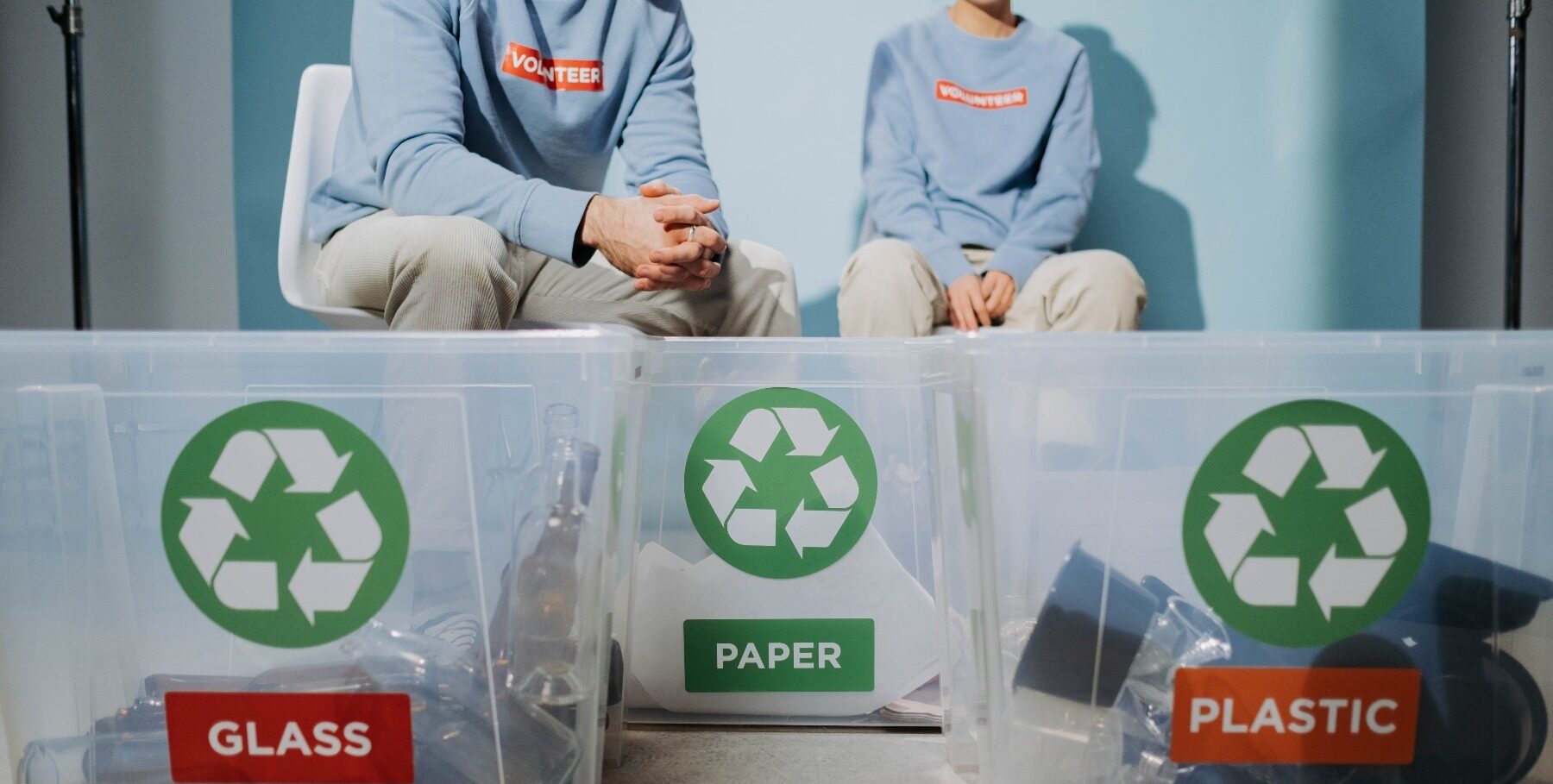
Materials Generally Not Accepted:
- Hazardous waste: Batteries, electronics, paints, chemicals.
- Contaminated materials: Food-contaminated containers, greasy paper, plastic bags.
- Mixed materials: Mixed paper and plastic, plastic-wrapped items.
Environmental Impact
Recycling offers a multitude of environmental benefits, contributing to a more sustainable future. Recycling centers serve as a positive force for the planet.
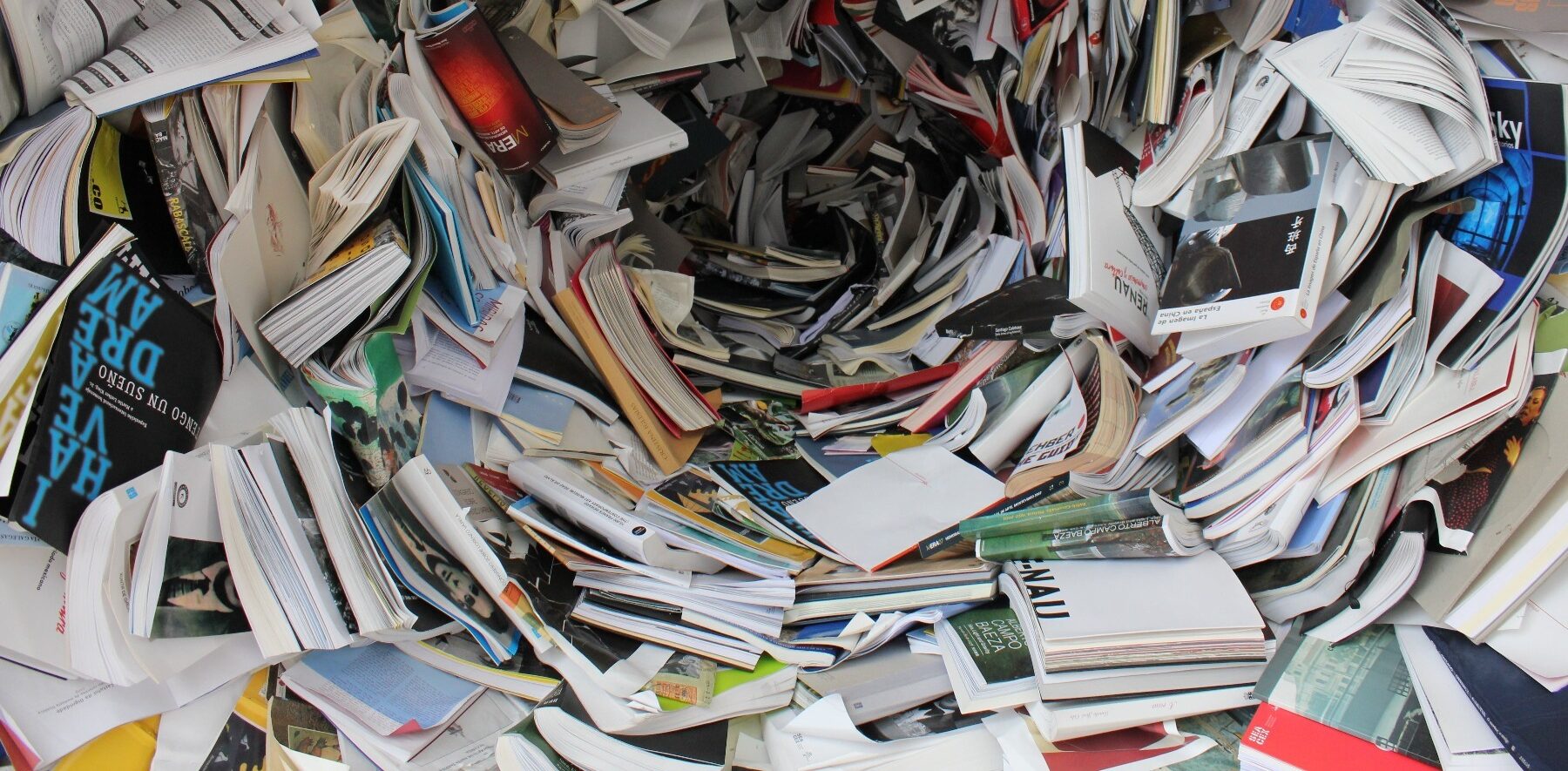
They:
- Reduced Waste Generation: Recycling diverts waste from landfills, conserving valuable landfill space and preventing environmental pollution.
- Resource Conservation: Recycling reduces the need to extract new raw materials, minimizing the environmental impact of resource extraction.
- Energy Savings: Producing goods from recycled materials often requires less energy than producing them from virgin materials.
- Greenhouse Gas Reduction: Recycling helps curb greenhouse gas emissions associated with the production and disposal of waste.
Community Engagement and Benefits
Recycling centers not only process materials but also play a vital role in fostering a culture of recycling within communities. Communities can benefit from recycling centers in various ways.
Environmental Stewardship
Recycle centers play a vital role in protecting the environment by reducing the amount of waste that goes to landfills, conserving natural resources, and preventing pollution. Recycle centers help to reduce the need to extract new raw materials, which can be harmful to the environment. For example, recycling one ton of aluminum saves 1,400 pounds of bauxite ore, 54 gallons of gasoline, and 14,000 cubic feet of landfill space.
Recycling helps to reduce the need for incineration, which can improve air quality.
In addition to reducing pollution, recycling centers also help to conserve water and energy. Manufacturing products from recycled materials require less water and energy than manufacturing products from raw materials. For example, recycling one ton of paper saves 7,000 gallons of water and 4,100 kilowatts of electricity.
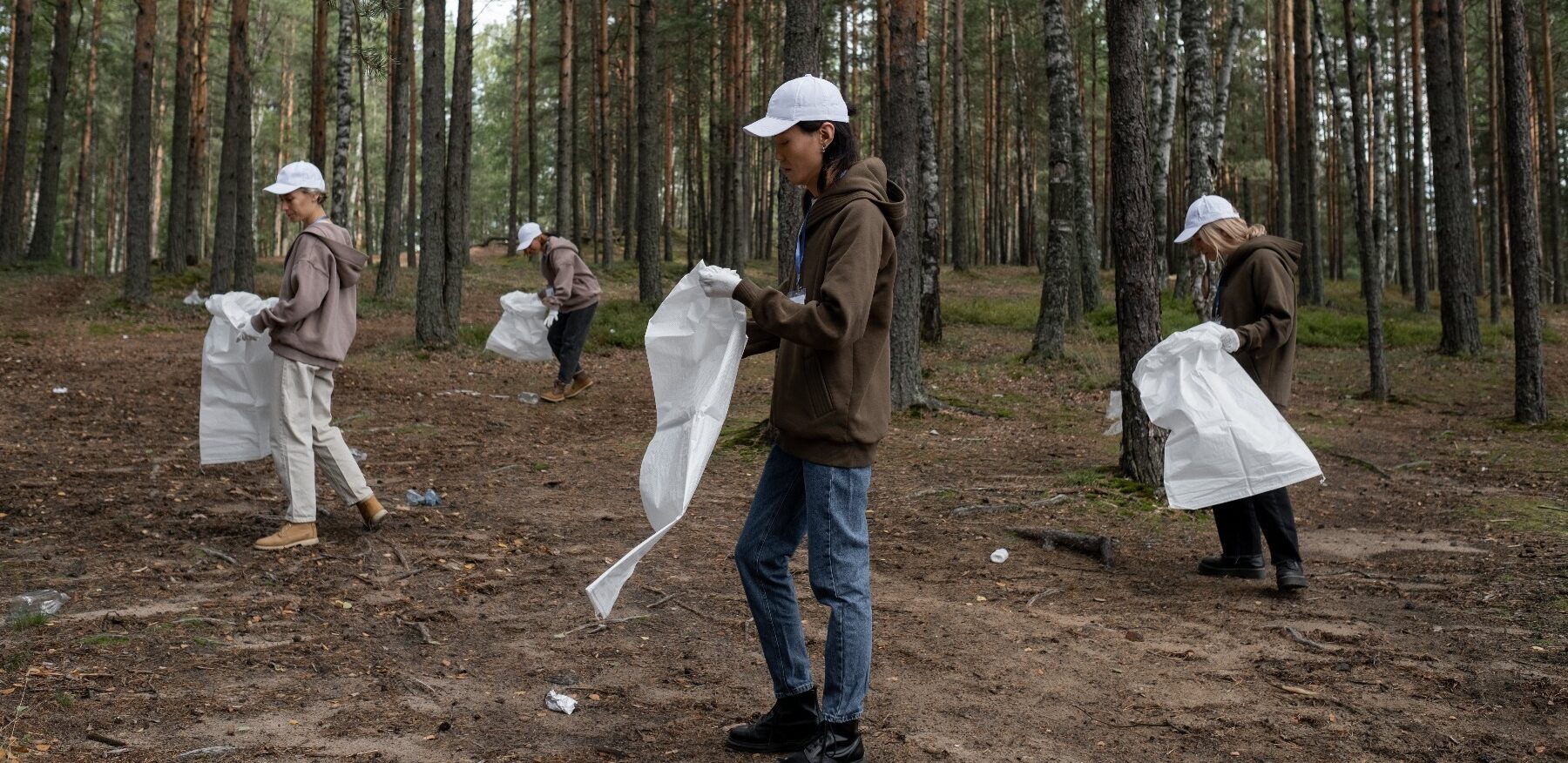
Economic Benefits
Recycle centers offer several economic benefits to the community and the nation as a whole. The recycling industry creates jobs in various sectors, from waste collection and sorting to processing and manufacturing.
It also boosts local economies by reducing waste disposal costs and generating revenue from selling recycled materials. Additionally, recycling contributes to national economic growth by reducing the need to import raw materials and promoting resource conservation.
Community Pride
Recycle centers foster community pride by providing opportunities for residents to contribute to a cleaner and more sustainable environment. By actively participating in recycling initiatives, individuals feel a sense of accomplishment and satisfaction knowing that they are making a positive impact on their community and the planet. This collective effort builds a sense of shared responsibility and pride, leading to a stronger and more environmentally conscious community.
Challenges and Solutions in Recycling

Despite its undeniable benefits, recycling faces several challenges that hinder its effectiveness. Listed here are some familiar difficulties, along with potential solutions to consider:
- Public Awareness and Education
Increasing public awareness about acceptable recyclables and proper recycling practices can significantly improve recycling rates.
- Contamination and Misinformation
Contamination of recyclables with non-recyclable items poses a significant challenge. Clear communication and educational campaigns can address this issue.
- Infrastructure and Costs
Expanding recycling infrastructures to underserved communities and improving collection and sorting technologies can enhance recycling accessibility and efficiency.
Recycling Centers in Las Vegas

In Las Vegas, there are several recycling centers where individuals can drop off recyclable materials. Some notable ones include:
- Republic Services Recycling Center
Address: 333 W Gowan Rd, North Las Vegas, NV 89032
It offers drop-off services for various recyclables, including paper, cardboard, plastics, and metals.
- Rebel Recycling
Address: 58 N Pecos Rd, Henderson, NV 89074
It accepts recyclable materials, including glass, aluminum, paper, and plastics.
- Western Elite Recycling Center
Address: 560 Cape Horn Dr, Henderson, NV 89011
It accepts various recyclables and provides recycling solutions for residential and commercial customers.
- Sunrise Acres Recycling Center
Address: 3295 Fremont St, Las Vegas, NV 89104
It offers drop-off services for recyclables like aluminum, glass, plastic, and cardboard.
- Green Valley Recycling
Address: 3475 E Flamingo Rd, Las Vegas, NV 89121
It accepts a variety of recyclable materials and offers services for residential and commercial customers.
Please note that operational hours, materials accepted, and specific guidelines might vary among these centers, so it’s advisable to contact them or visit their websites for detailed information before planning a drop-off.
Recycling centers are beacons of sustainability, transforming discarded materials into valuable resources and contributing to a healthier environment. By embracing recycling practices, we can collectively reduce our environmental footprint, conserve natural resources, and foster a more sustainable future for generations. Let’s join hands in making recycling an integral part of our everyday lives, ensuring a greener and more sustainable planet for all.
